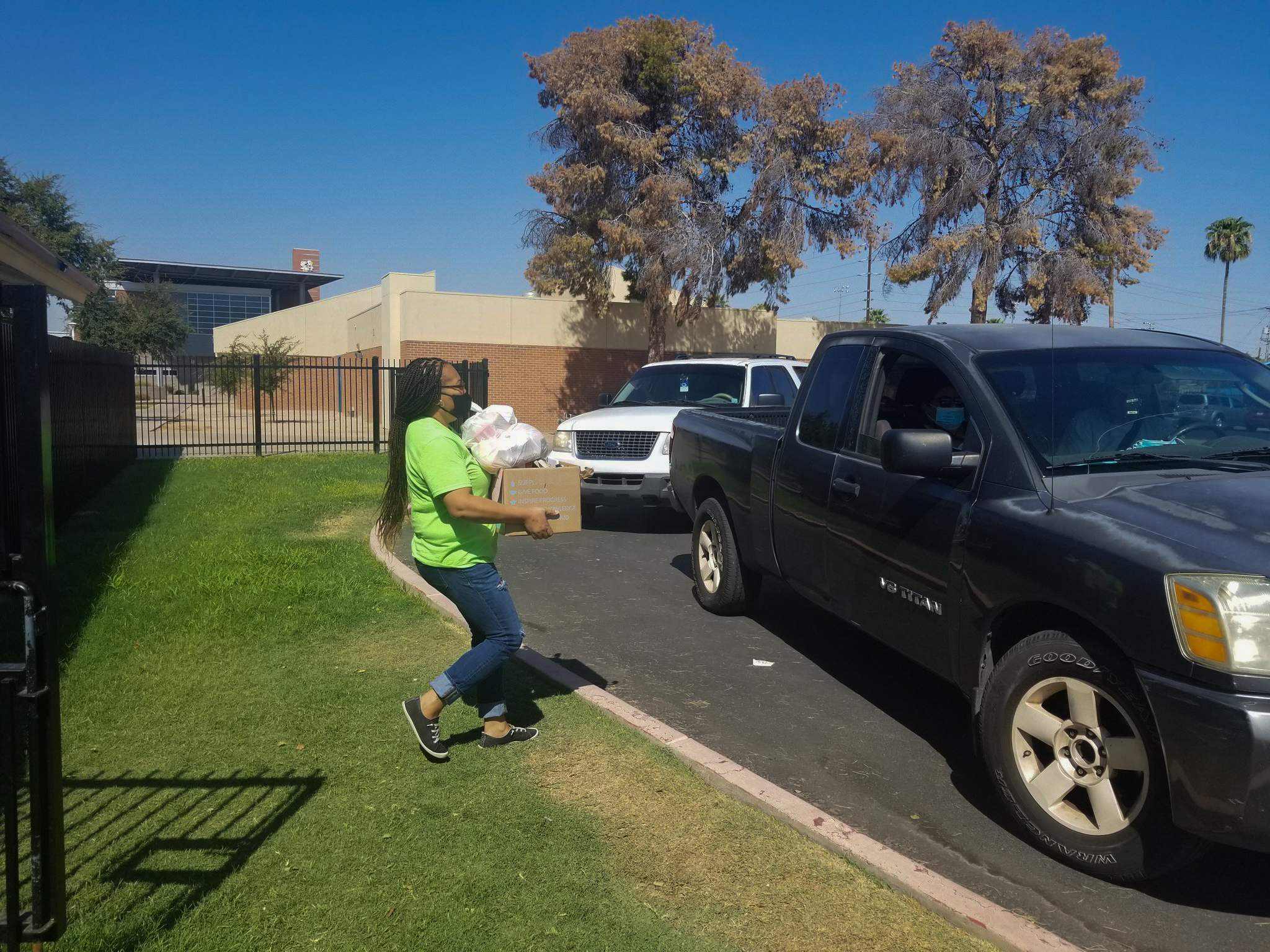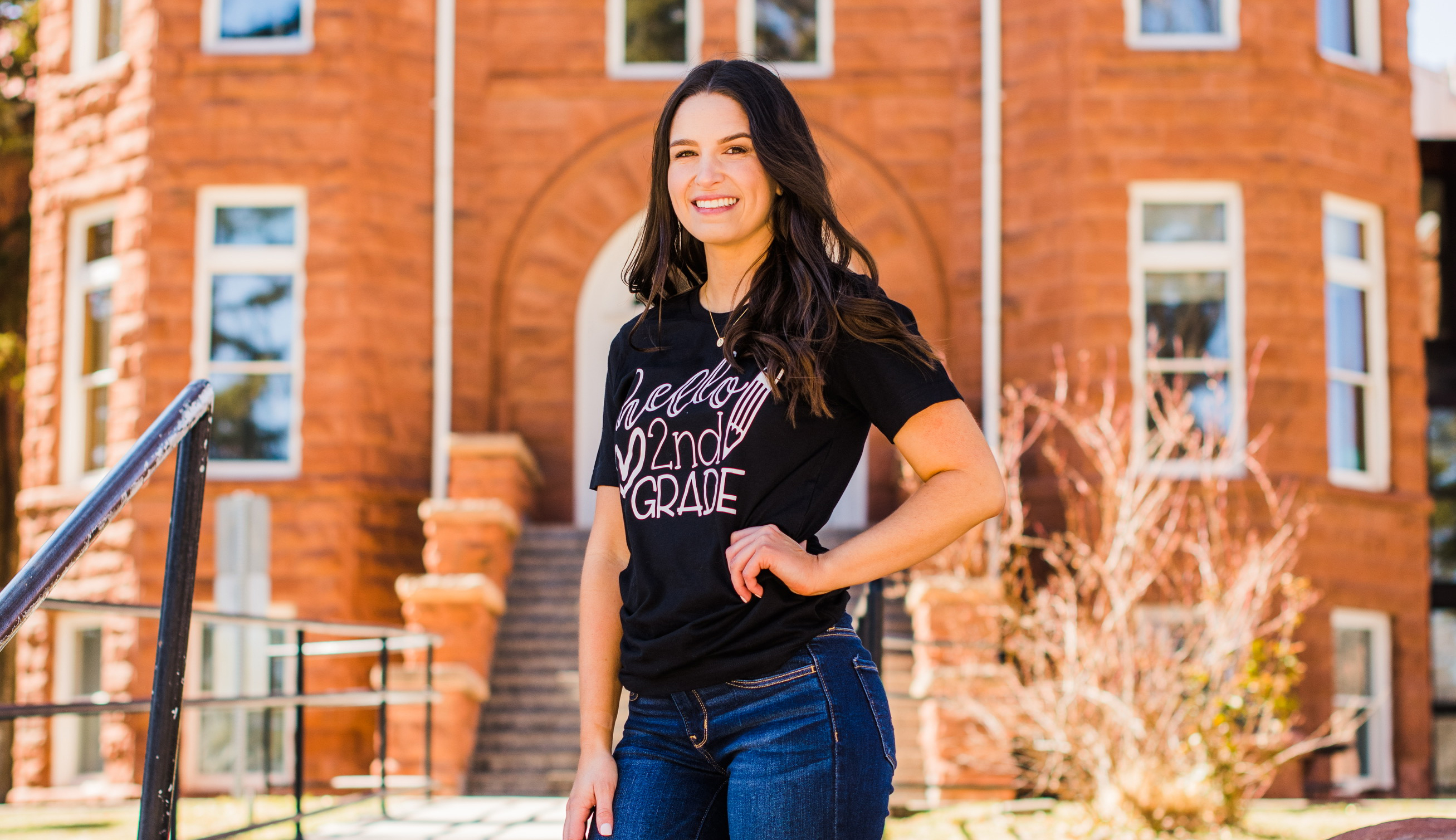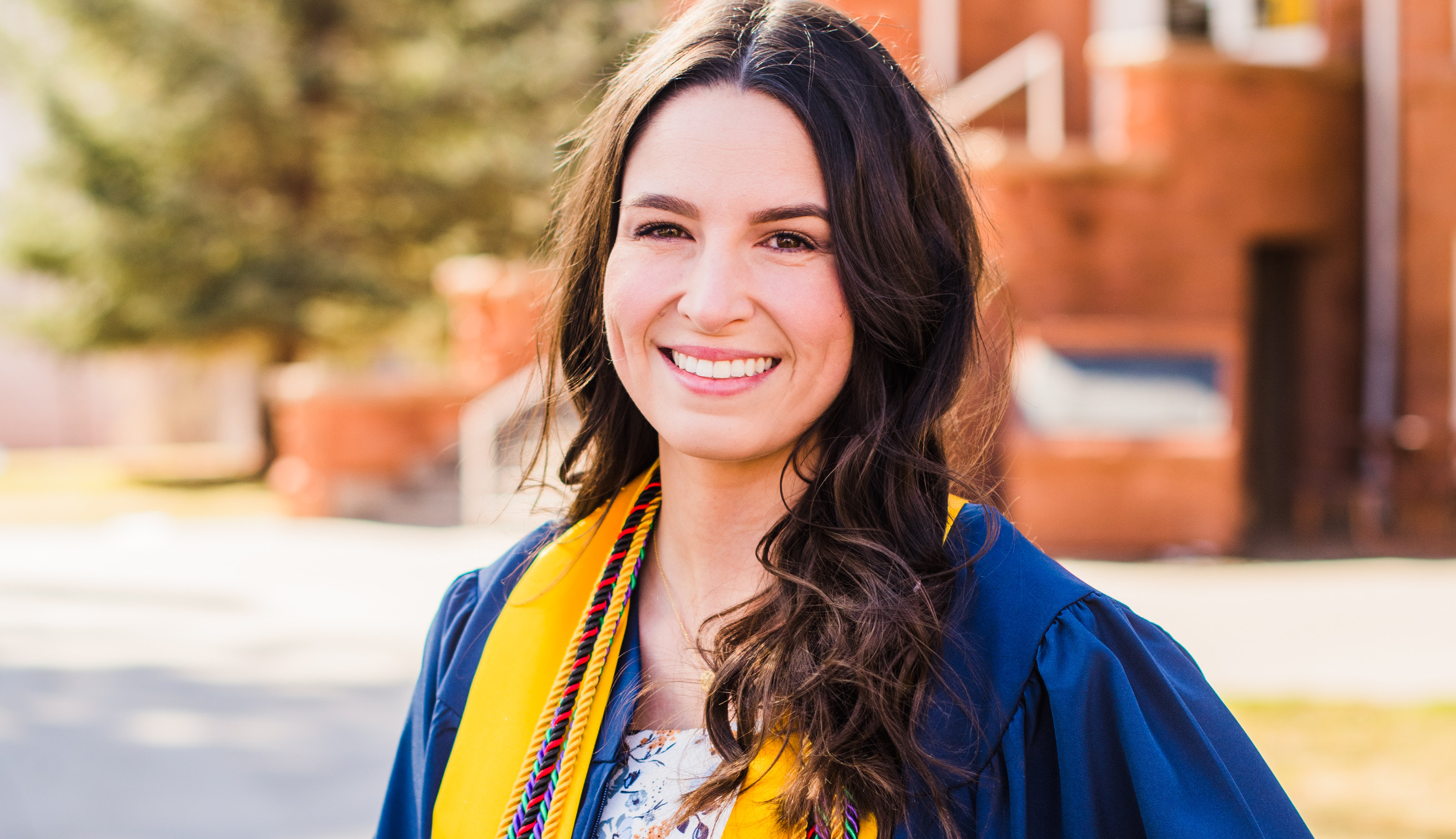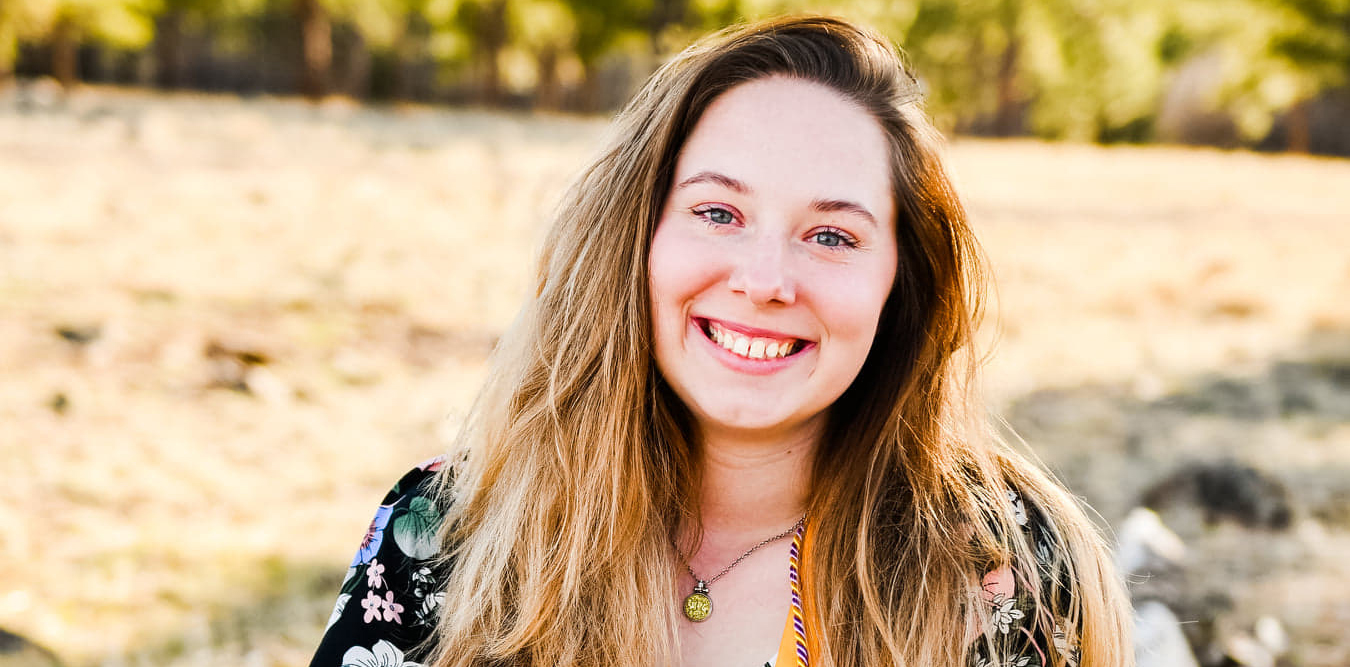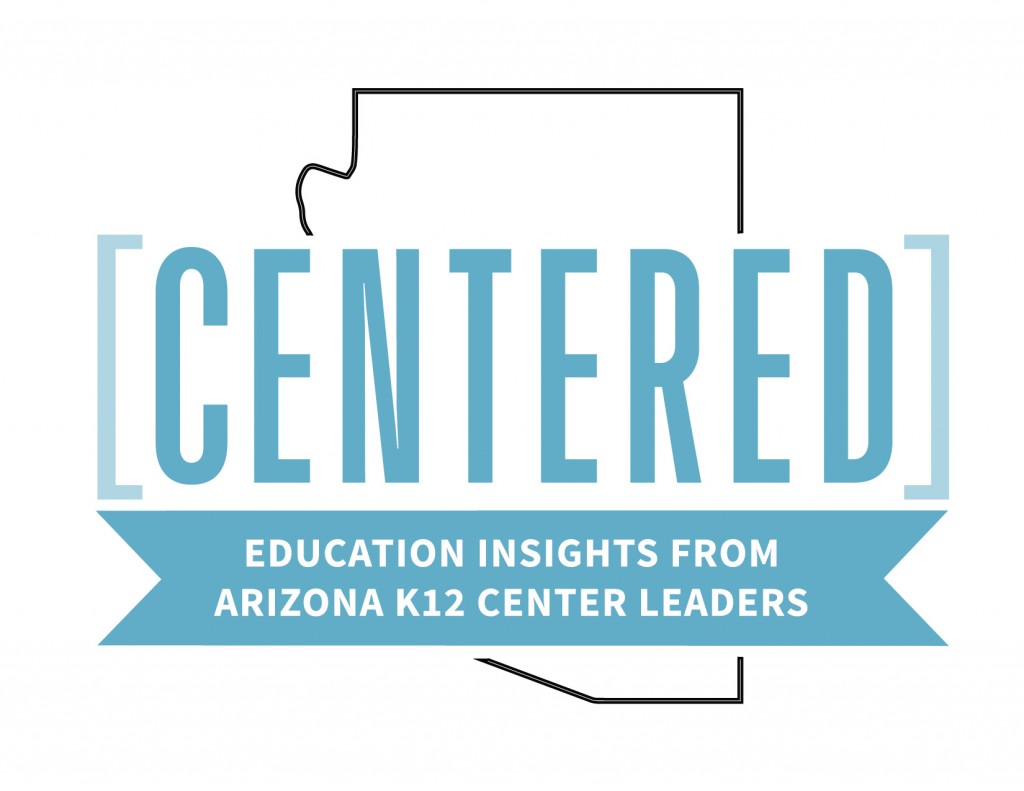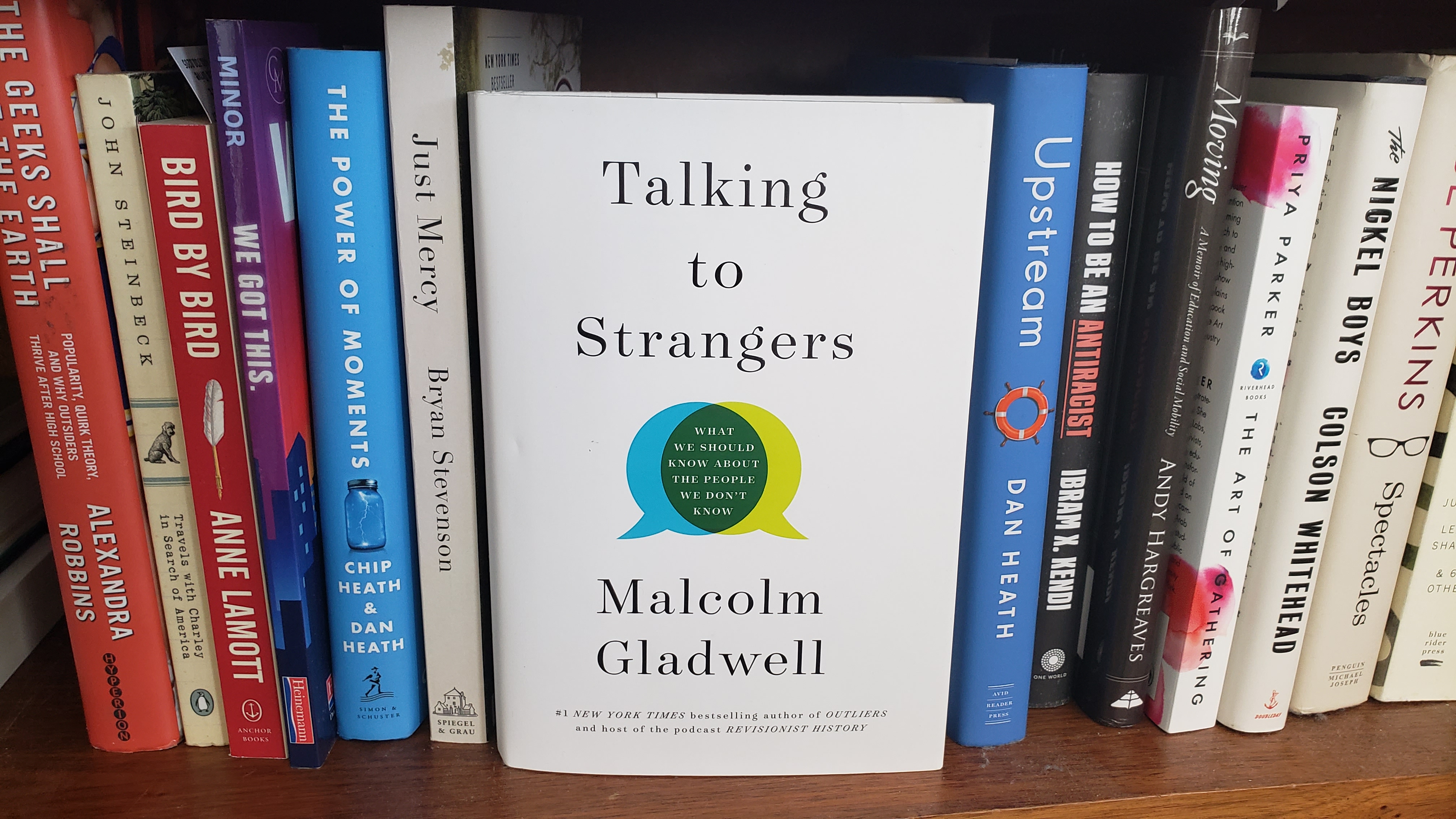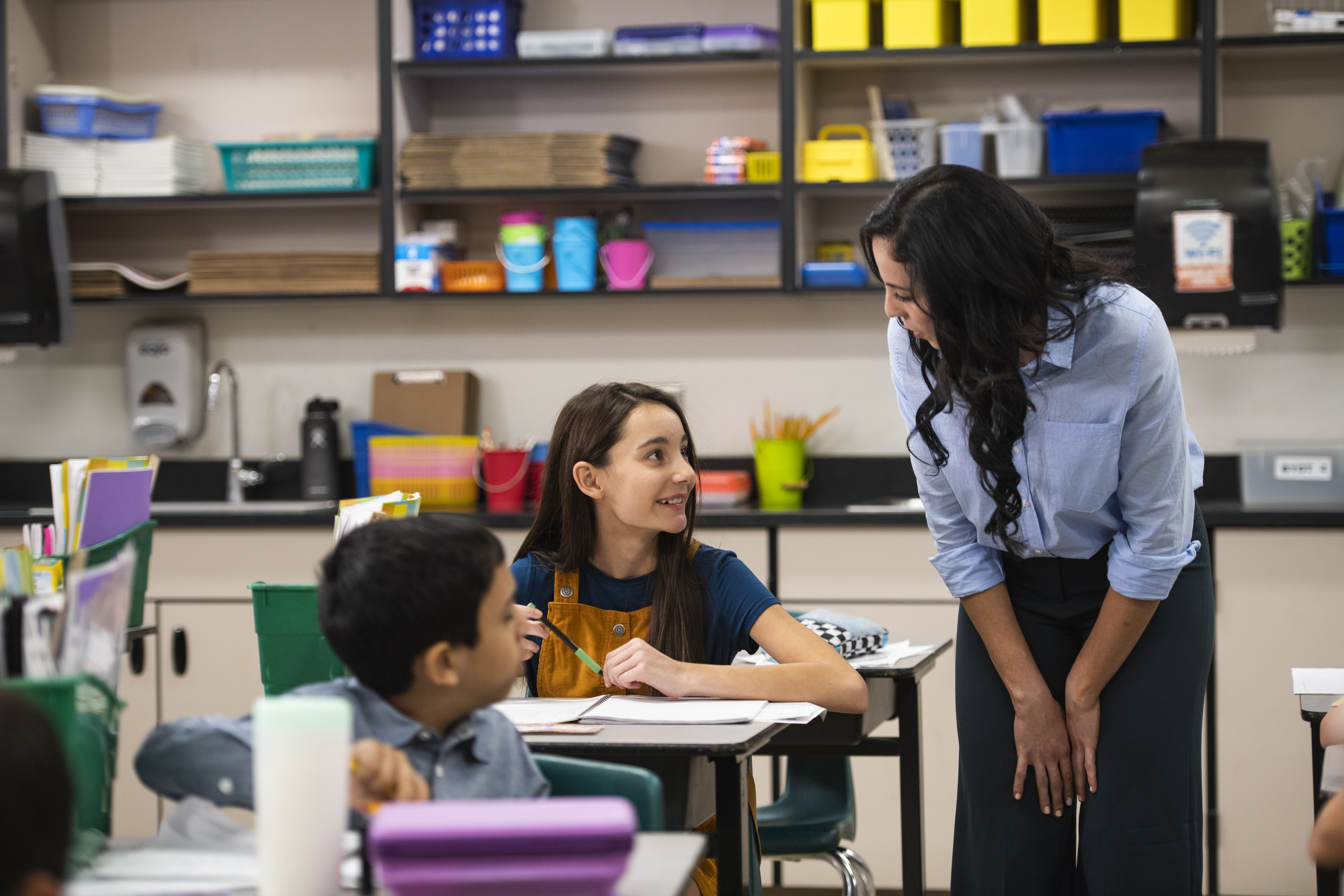Phoenix Union ESPs Transform Systems to Support Students in COVID-19
Like teachers, in March when the COVID-19 pandemic closed school buildings, education support professionals shifted how they do their work.
Lionila Gariepy, a Community Liaison at Bioscience High School in Phoenix, points out how the events of this year have brought attention to the work of education support professionals (ESPs). Because of the pandemic, many people have recognized the importance of grocery store employees as essential workers. “But they’ve always been essential workers. We’ve always been essential workers.”
Cyndi Tercero is in her 28th year at Phoenix Union High School District, starting out as an instructional aide and holding a variety of positions before becoming Family and Community Engagement Manager. In several roles, including as Dropout Prevention Coordinator, Tercero was instrumental in lowering the district’s dropout rate from 21.9% to 2.2% in 11 years. She attributes that decrease to the strategic and targeted work of Phoenix Union’s Community Liaisons and Student Liaisons. The work they do to connect directly with families to make sure students are prepared to engage in learning and that families are aware of the resources available to them isn’t something that’s nice to have but a necessity, Tercero explains.
“If a student is sitting in a classroom and is hungry, or doesn’t have clothes, or didn’t sleep last night, they’re not ready to learn,” she says. “Without being able to meet those basic needs and provide those social-emotional supports for students so that our teachers can teach and our students can be prepared to learn, they won’t be able to learn. It is such a big contribution that folks don’t really recognize, unless you’re in a school setting.”
Community Liaisons create relationships where families and students are comfortable expressing their needs. So often addressing one or two particular basic needs can transform a student’s ability to succeed in school, Tercero says. She once went on a home visit where a young man did not have running water. “The only reason he wasn’t coming to school was because, he said to me, ‘Miss, I can smell myself. It’s only a matter of time before the students make fun of me. I just don’t want to be there.’” That was so easy to remedy, she points out, by allowing him to come to school early to shower and providing him with toiletries he could keep in a gym locker. That student has since graduated.
Especially during the COVID-19 pandemic, ESPs at Phoenix Union have created new systems to help meet students’ basic needs and provide resources to their families.
When Governor Doug Ducey announced a public health emergency due to COVID-19 in March, Phoenix Union was on spring break, but Tercero was already organizing supplies at their Student and Family Community Resource Center. She and her team started calling individual families, finding out what they needed, and organizing boxes of the supplies they needed.
That work continues now. Tercero and the district’s Community Liaisons have created an organized system over time where they are regularly calling several families to see what they need. The team then spends Tuesdays and Thursdays assembling boxes of food, toiletries, laundry supplies, and other household goods, for each family based on their needs.
Wednesdays and Fridays are distribution days. If families have transportation, they can pick up at a school. Otherwise, the team will deliver, no matter where students live. Right now a few ‘McKinney-Vento students,’ those who legally meet the definition of homelessness, have found friends to stay with outside of Phoenix Union’s geographic boundaries. Community Liaisons deliver to three homes in Mesa and one in Chandler to provide for those Phoenix Union students. Along with already established connections like those with St. Mary’s Food Bank and Homeless Youth Connection, Tercero worked with the Phoenix Union Foundation to establish an Education Emergency Relief Fund to help provide items for students and families.
Tercero says they serve about 150 families a week. From when schools closed in March to the end of June, they provided 2,594 boxes of food to students and their families.
Gariepy notes, “You need to support the family, because they’re going to support the student. Otherwise, the student can’t learn.”
Helping connect families, especially Spanish-speaking families, to the variety of resources available is Gariepy’s passion. “I think that there are a lot of families and communities that are underserved because of a language barrier,” she says. “It’s my passion to help people get connected however they need.”
Community Liaisons have taken on an expanded role because of COVID-19 but they and other ESPs have always been a crucial piece of supporting K-12 students at all school districts.
Vanessa Jimenez is currently a Student Recruiting Specialist, helping middle school students know the options available to them for high school, but has worked in a variety of ESP roles in her 25 years at Phoenix Union. She is also in her second year of serving as President of the Phoenix Union Classified Employee Association. She took on that role because of wanting others to recognize and respect the work of ESPs and, in many cases, help ESPs themselves know how fundamental they are to the school system and student education.
“In order to help kids, I’ve got to help employees,” she explains. “And if we want to love kids, we need to love ourselves. What role can I play in helping ESPs realize that they are a major piece of the puzzle and that they are professionals? They’re not just a cafeteria worker. They’re not just a secretary. Sometimes they’re the person that saves these kids. How do I help them realize that?”
She’s had conversations where a school finance person has said they don’t have relationships with students but Jimenez has pointed out “the faster you process these requisitions, you’re getting the kids what they need.” She jokes that it’s like “Six Degrees from Kevin Bacon” — even if an ESP doesn’t see students day-to-day, they’ve touched the life of a student by making sure their teacher has classroom supplies or wifi or a safe way to and from school. She works to “help people see that they made a difference.”
She notes how important it is for ESPs to see their own value and “to find their ‘why’ in their work.”
“A lot of people don’t realize that once you find your why, why you do this work and why it’s important, it just gives you a totally different outlook on your position,” she says. That can help carry you during the challenges. “Making the best of it is finding your why and making that your North Star of the work you do. A lot of people still think ‘I’m just a bus driver or I’m just a custodian,’ and they’re not.”
Tercero sees how many ESPs, including the Community Liaisons, are putting in more hours than ever before during the pandemic and is continually looking for ways to thank them.
“To see the people’s faces — when you have a father who is in tears and thanking you — I keep thinking of what I can do to acknowledge my staff. These people are rockstars,” she says. “I see it firsthand and there’s not enough I can do to acknowledge how important their work is.”
